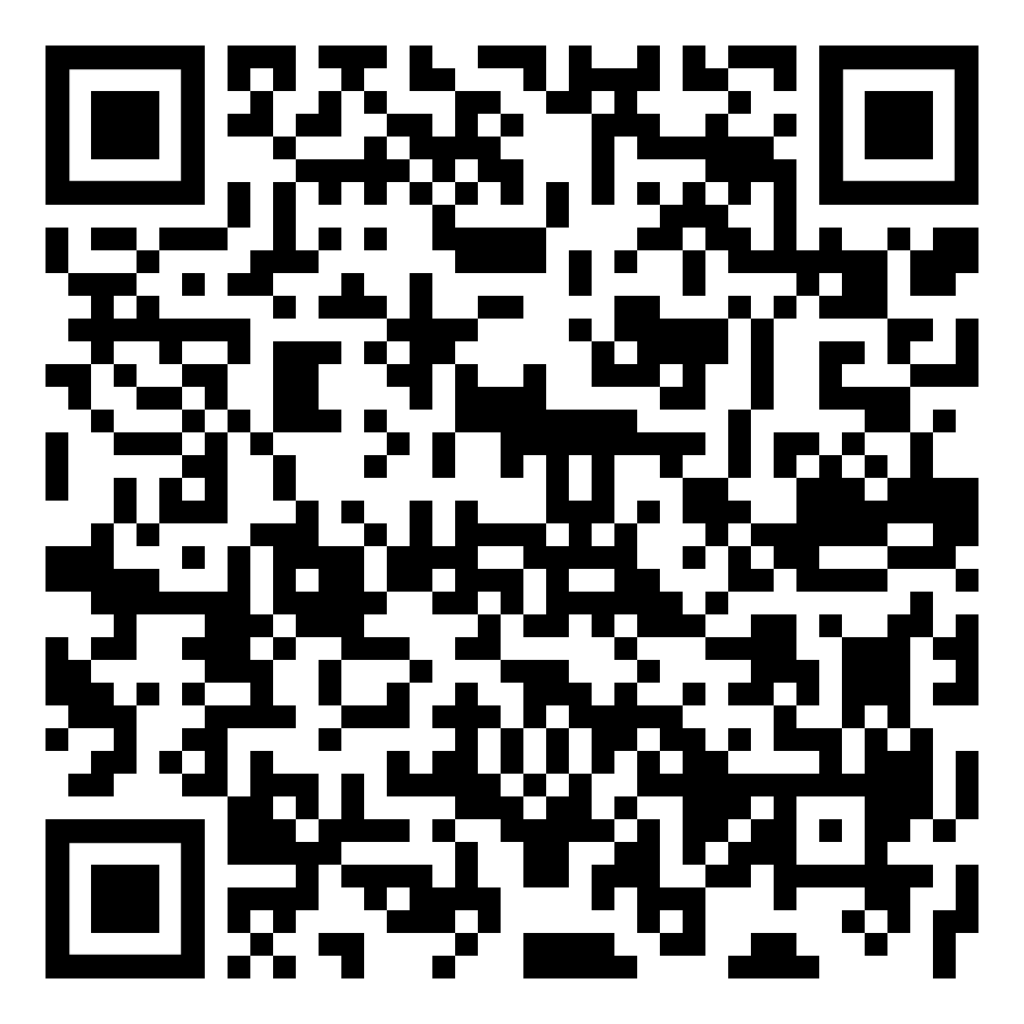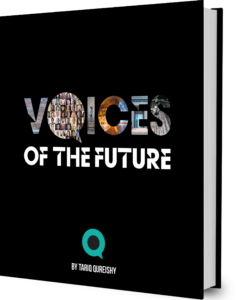As I sit with Marisa Peer, I feel a sense of awe. Her groundbreaking work in Rapid Transformational Therapy (RTT) not only transforms lives but also reshapes the narrative around mental health and well-being for the future. My conversation with Marisa is a profound privilege.
An award-winning therapist with a remarkable three-decade career, she has made a significant impact on the lives of many, including international superstars, CEOs, and Olympic athletes, through public speaking, therapy training courses, and best-selling books. She developed RTT, an innovative method that has gained global recognition for its effectiveness in achieving lasting change swiftly and efficiently, often with just one or two sessions.
Initially starting her career in child psychology, she shifted paths to pursue qualifications from the Hypnosis Training Institute of Los Angeles and the Pritikin Longevity Centre. Marisa’s expertise and pioneering approach to therapy have not only made her a national magazine columnist but also a familiar face on major media outlets and television shows, such as GMTV and BBC News in the United Kingdom, and a speaker at prestigious events like TEDx.
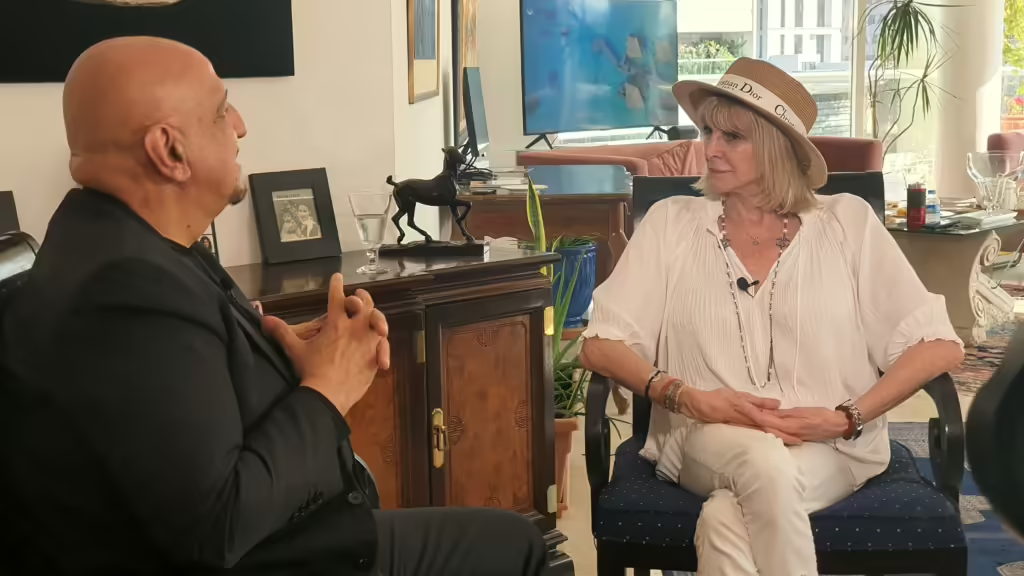
Now, her focus is on expanding the reach of her message and RTT method through the Rapid Transformational Therapy school, training individuals to become RTT therapists and thereby extending the benefits of this transformative approach to as many people as possible.
“I created RTT to make therapy accessible and simple for everyone,” she begins. Her mission is clear: to infuse the future with hope, understanding, and the unshakable belief that change is possible, which aligns with my own beliefs.
I’m inquisitive as to what shaped Marisa to become the luminary she is today. “My grandmother was an amazing person and a significant figure in my life,” she reveals. “She taught me that if you have one person who believes in you in life, you’ll always be okay. That’s partly what drove me to become a therapist: I wanted to be that one person for others,” she shares. She’s trained over 17,000 therapists all over the world, and she tells them all to be that one person for others, too. Marisa points out: “In the Quran and Torah, it says that if you change the life of one person, it’s the same as changing the life of the whole world.”
From an external perspective, Marisa’s childhood seemed idyllic, nestled behind a white picket fence in Cambridge, England, embodying the picture of perfection. Her father, a highly respected headteacher, was adored by many for his genuine dedication to education. Conversely, her mother faced a deep sense of unfulfillment, compounded by a troubled marriage due to her father’s frequent
absences at home due to work commitments. This domestic backdrop instilled in her a skepticism towards relationships, contrasting sharply with her admiration for her father’s professional fulfillment and impact. “He always felt he had the best job in the world because he made a difference – and he did make a difference by helping and influencing people,” she recalls.
Observing her father’s profound satisfaction and legacy in his career shaped Marisa’s career aspirations. The desire to emulate his ability to make a difference and find meaning, growth, connection, significance, certainty, purpose, and diversity through work propelled her into therapy.
Her father’s legacy of championing the underprivileged and ensuring every child felt significant inspired the creation of the ‘I Am Enough’ movement,’ aiming to instill a sense of worth and significance into more people’s lives. “We teach children: ‘I’m enough, I matter, I’m significant, I’m worthy,’” she shares, a direct reflection of her father’s ethos.

I’ve witnessed RTT and the ‘I Am Enough’ movement’s impact on effectively making a difference and changing the world. With over 17,000 therapists trained, the butterfly effect is truly massive. She divulges: “I’ve lost count of how many school children our efforts have reached; it’s just the most amazing feeling knowing that I have impacted the lives of children, knowing that when I go to bed at night, someone has a better life because of the skills I possess; it’s the best feeling in the world.”
As we delve deeper into the mechanics of RTT, Marisa illuminates its transformative power. “RTT is therapy, but it’s very different to many traditional approaches as it addresses the past, present, and future simultaneously,” she explains. “It doesn’t ask you to spend the whole session talking about what happened to you – it just looks at what happened, which is the past. Then, it looks at why what happened is still affecting you, which is the present. And then, RTT changes it, which is the future. A lot of therapy looks at what has happened to you and tries to change it, but we do all of it at the same time, which is why it’s rapid and transformational. It’s incredibly powerful.”
Marisa has transformed tens of thousands of lives. What is the message that shifts people’s mindset? Her response is enlightening: “A lot of people have this belief that we humans are very fragile, and we’re very easily broken, and that when we go through trauma, it stays in our body and destroys us. I’ve always thought the opposite. We’re incredibly resilient. We’re amazingly powerful, and we have a huge bounce-back factor. We don’t always know that because it’s never about what happens to you; it’s how you feel about what happened to you. The event affects you, but the meaning you attach to the event affects you so much more – but we have the power to change the meaning at any time.”
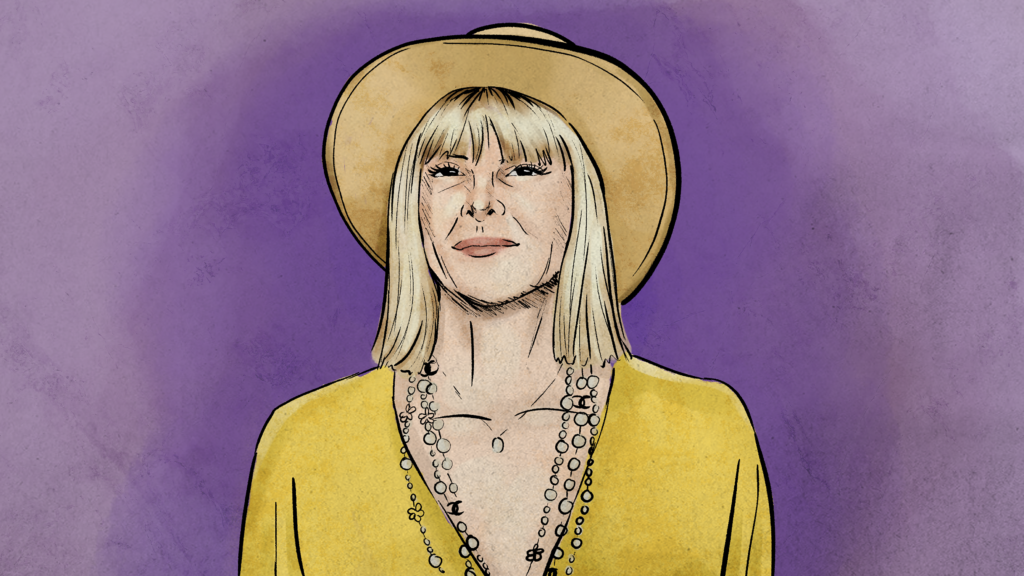
“We’re incredibly resilient. We’re amazingly powerful, and we have a huge bounce-back factor.”
She explains that RTT focuses on empowering individuals by reframing past experiences, highlighting that childhood beliefs need not dictate adult life. RTT addresses common misconceptions about loveability, success, and self-worth rooted in one’s upbringing, emphasizing that past challenges do not define a person’s future potential. She uses an analogy of a person carrying old, limiting beliefs like a heavy rucksack; this illustrates the unnecessary burden they pose, encouraging a perspective shift to heal and move forward. “If your life was a massive clock, your childhood is the first six minutes. We give so much attention to the first six minutes, understandably, because it does shape you and influence you. However, we have the rest of our lives to go back and reframe that,” she urges.
According to Marisa, through hypnotherapy, individuals uncover and reinterpret deeply ingrained beliefs linked to past experiences, as seen in cases of compulsive behaviors like shoplifting and smoking. She believes these behaviors often trace back to childhood experiences where actions were tied to receiving love or attention, such as a child praised for stealing by a parent or bonding over cigarettes during traumatic family moments. By revisiting these formative memories under hypnosis, people can understand the origins of their actions, allowing for the opportunity to change their underlying beliefs and meanings, leading to transformative healing.
She explains further: “I often hear people express frustration over behaviors they wish to change, like shouting at their kids, overeating, or drinking, feeling powerless against these habits. This sense of powerlessness is interesting; it suggests our minds believe these behaviors protect us or serve us in some way. For instance, procrastination or selfsabotage can be a defense mechanism to avoid rejection or failure. The mind’s job is to protect you from pain. We do have very powerful patterns of self-sabotage. We must understand these patterns; I’ve seen how finding, understanding, and then changing these patterns can lead to significant, lasting change. It’s about finding the root cause of our actions and addressing them head-on, a process that requires us to find, understand, and change our patterns simultaneously for effective transformation.”
To me, the future isn’t about technology; the future’s about humanity and our basic attributes such as love, compassion, creativity, and empathy. Marisa wholeheartedly agrees: “On their deathbeds, people never say they wished they’d made more money, eaten fewer chocolates, or should have had more fine wines. They always wish they’d spent more time with their children, partner, and family.”
For Marisa, the future is about one thing: “Life’s all about love. Love is everything. The things that make us happy are our relationships with people. We are hardwired to survive on the planet by finding connection and avoiding rejection.” The power of the mind is boundless. Marisa concurs: “The mind is very simple. Your mind’s job is to make your thoughts real, and your job is to think better thoughts. We must take responsibility for our thoughts and keep upgrading them all the time.” She emphasizes the ability to shift from negative to positive thinking, like changing “I’ve got a terrible memory” to “I’ve got an amazing memory.” Her narrative drives home the point that our physical and emotional well-being is significantly influenced by our thoughts, advocating for a conscious effort to nurture positive thinking for improved health and happiness.
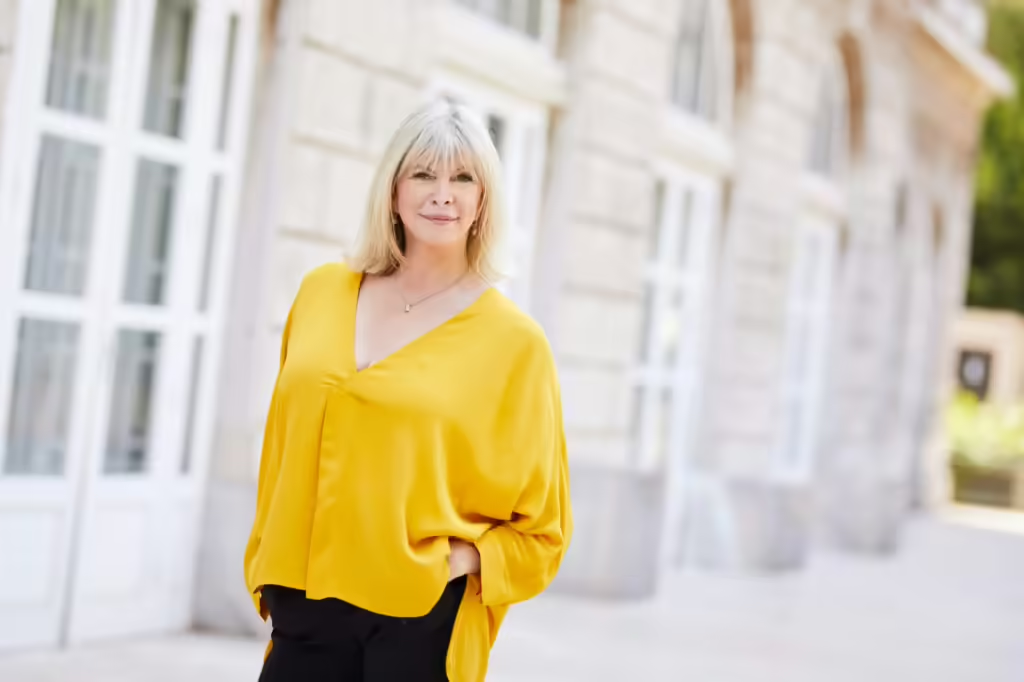
Our thoughts have the power to shape our reality, including our health, she stresses. Emphasizing positive thinking can transform “disease thinking” into a healthier mindset, as the majority of ailments are not from physical but mental sources. This concept is supported by the observation that emotional states influence our immune system’s strength. Thus, nurturing thoughts of a strong immune system is not just optimistic but practically beneficial, demonstrating the profound connection between our mental state and physical health, Marisa points out. This thinking extends to success and failure. Marisa’s definition of success strikes a chord with me: “It isn’t that you’ve ever failed; it’s how quickly you bounced back. It’s not that you’ve had a bad day, week, or year. Instead, it’s how quickly you can come back. If you have that bounce-back factor, you’ll do amazingly well because most successful people have had challenging times too.”
I believe setbacks are a stepping stone to success; it is a choice in how we allow them to affect us. She affirms: “Everything’s a choice, and the way you talk about what happened is a choice. Reframing is a choice. We’re not taught how to do it or why we should do it. But it is transformational. We don’t realize that happiness is a choice. We can choose to think happy thoughts or negative thoughts. We can choose to give in, or we can choose to bounce back. We’re not shown the power of choice.”
For her, it comes back to the language we use. She relates a personal story: despite being told by numerous doctors that she’d never conceive or have a healthy baby, she defied the odds to give birth to a perfectly healthy daughter. This personal victory inspired her to develop a program aiding women facing unexplained infertility, emphasizing the significant mental component in conception. Her book, ‘Trying To Get Pregnant (And Succeeding),’ has empowered countless women to overcome fertility challenges, leading to many healthy babies. Through sharing her journey, she has turned her once-perceived limitation into a source of hope for others.
Pivoting to business environments, how can people’s limiting beliefs be unlocked to transform them and their companies? “From childhood, people are often influenced by limiting beliefs about wealth, success, and abundance, instilled through phrases like ‘rich people sold their soul to make it’ or ‘you can’t have everything.’ These beliefs create deep-seated blocks against achieving financial success, with individuals sabotaging their own success due to fears associated with wealth. The human brain’s preference for the familiar over the unfamiliar contributes to this. We must make good things familiar and negative things unfamiliar. Our thoughts can propel us forward or hold us back.”
The conversation turns to the future. For Marisa’s 100th birthday, what are we celebrating? “I envision looking back, proud of having influenced the integration of RTT into mainstream schools and healthcare. It’s about leaving a legacy. I’ve aimed to make a difference, pioneering a new therapy in a field once dominated by men. Despite setbacks, I believe in bouncing back, fulfilling my destiny, and contributing something meaningful to the world. This journey, filled with both challenges and triumphs, aligns with my belief that we eventually end up where we’re meant to be, content with the impact we’ve made.
Her message in a bottle is deeply philosophical: “I am enough.” As I reflect on our conversation, I’m reminded that the future is not a destination but a journey – one that we embark on with hope, courage, and the unshakeable belief that we are enough. Marisa’s voice guides us toward a future where humanity flourishes in the fullness of its potential.
The most important words you”ll ever hear in your entire life are the words you say to yourself.
